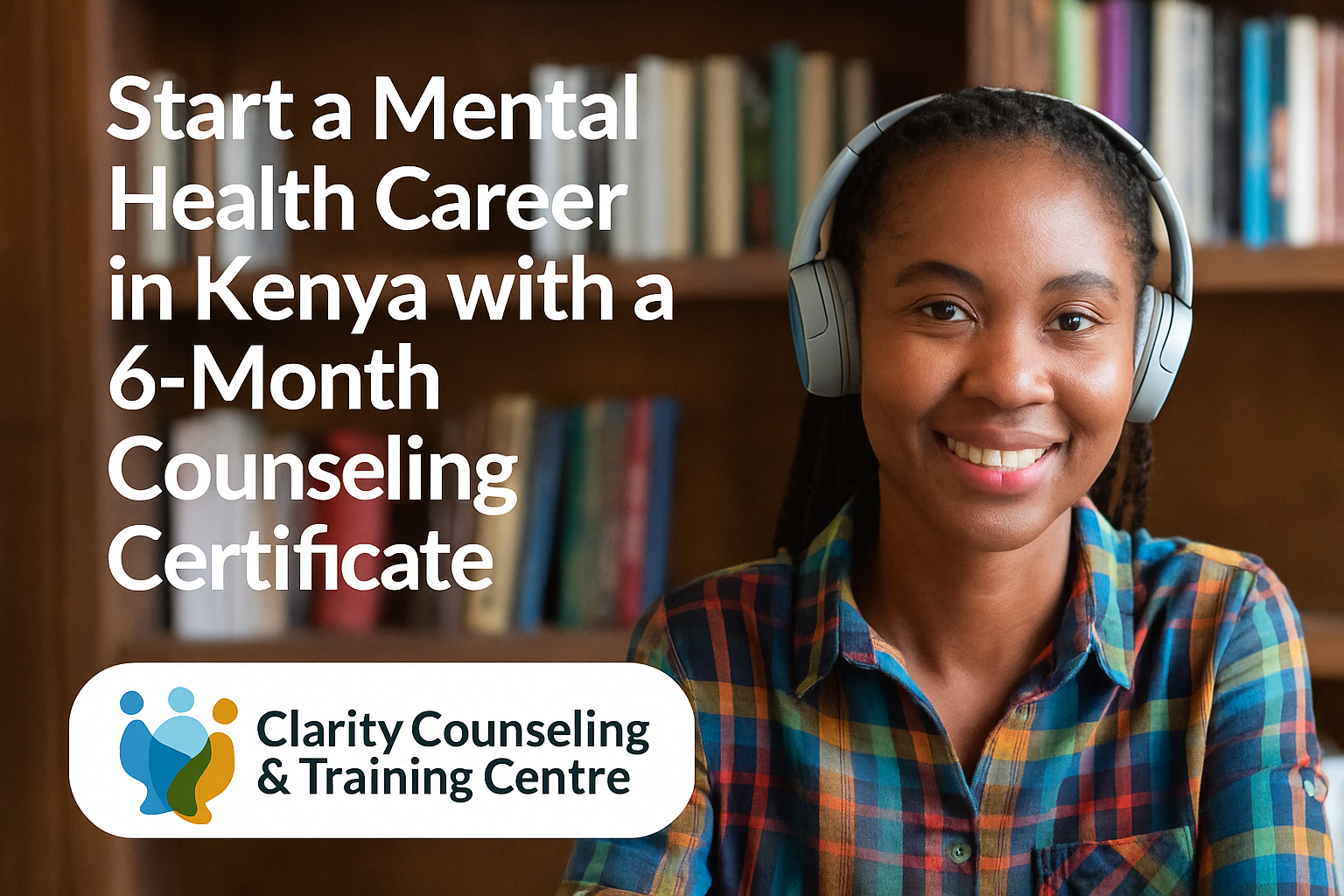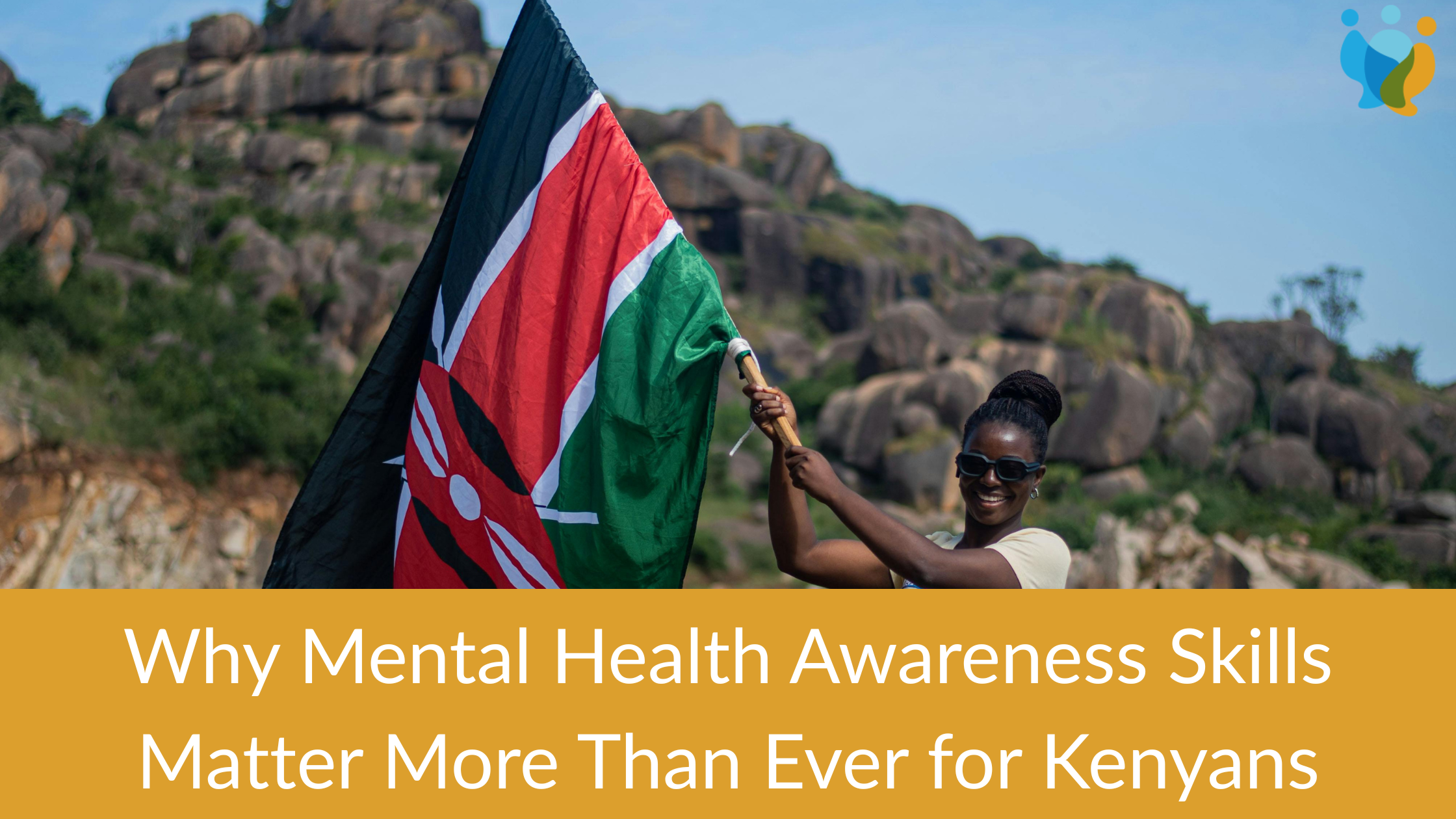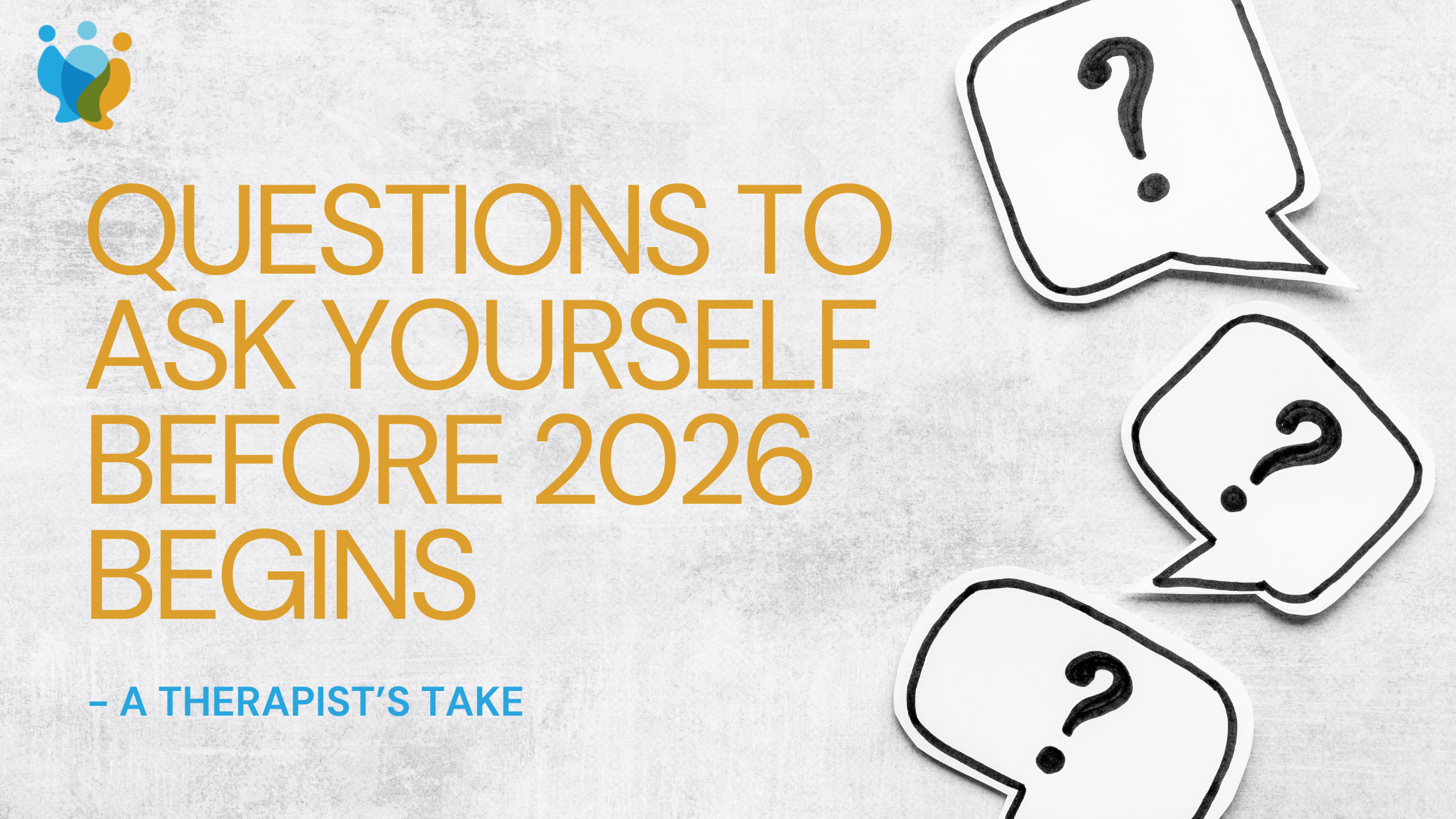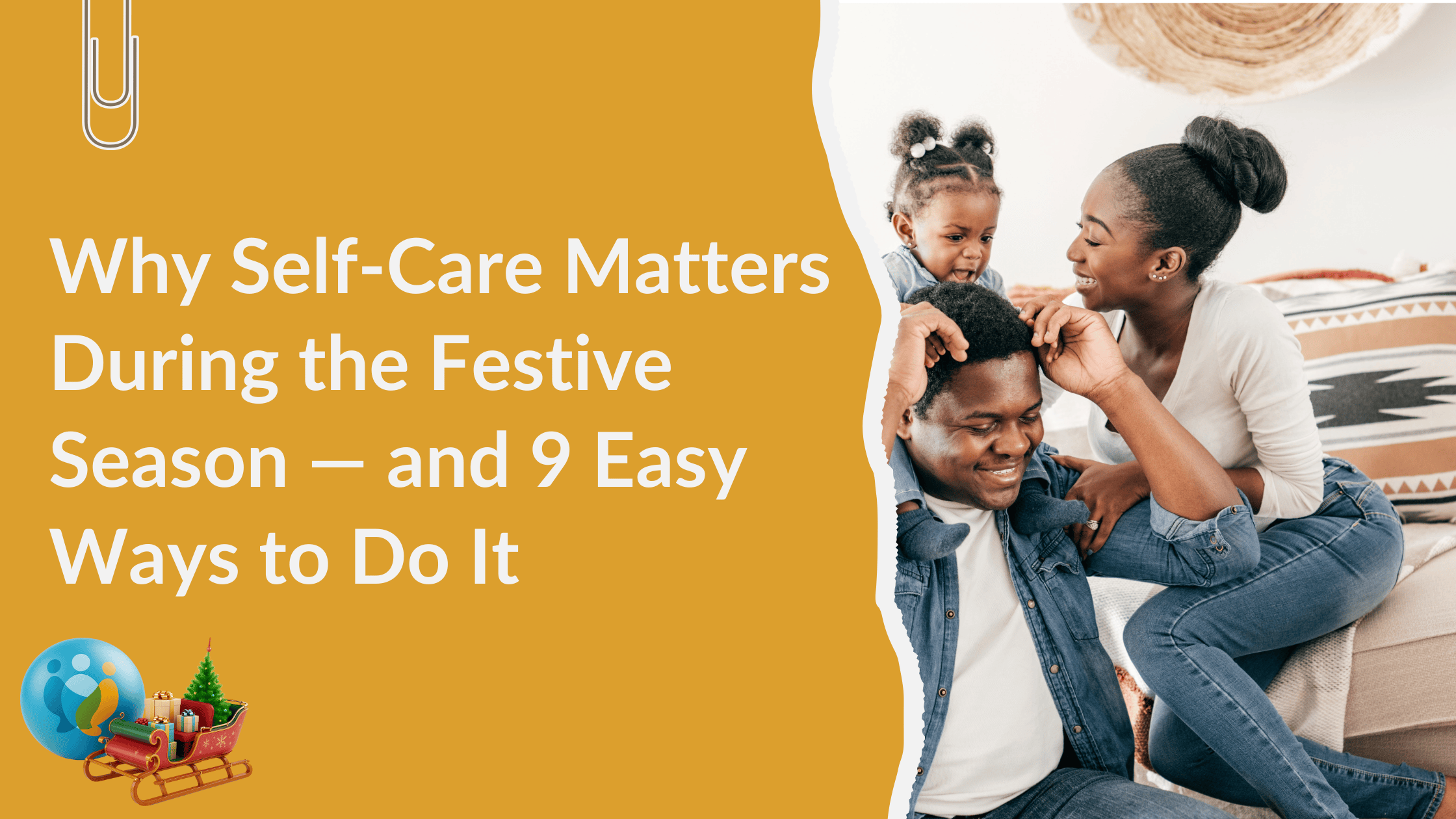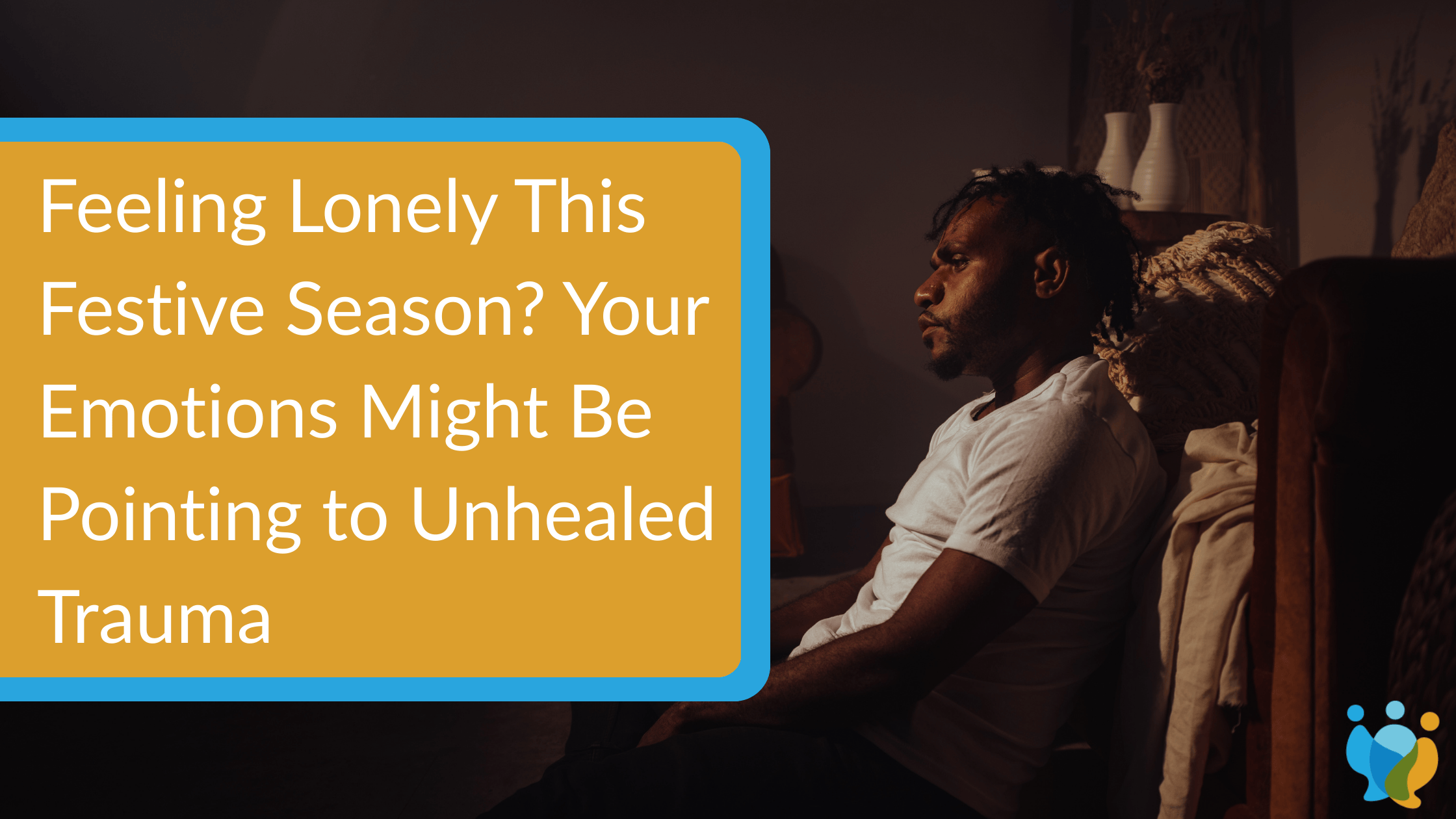Why Don’t People Like Me? 10 Eye-Opening Reasons Why and How to Fix It

Why Don’t People Like Me? 10 Eye-Opening Reasons Why and How to Fix It
Have you ever wondered why people don’t seem to like you? It can really hurt when you feel rejected or disliked by others, just like it did Rebecca. Rebecca thought she was likable because of her outgoing personality, but she couldn’t understand why her coworkers avoided her. At lunch, they would make excuses not to sit with her. In meetings, they wouldn’t make eye contact. Jessica felt incredibly hurt and wondered why people did not seem to like her.
If this sounds familiar, you are not alone. Many people have trouble maintaining friends even when, for some, it is easy to make new ones. This article explores ten reasons why people may not like you, especially if you have noticed it happens in separate settings, such as at work, with relatives, and with general friends.
Be open-minded as you read because it is hard to see yourself as the leading cause of people avoiding you and not wanting to keep your company. The good news is that we also outline ideas for fixing the challenge and helping you get on track to becoming likable.
1 – You Talk More Than Is Required
When you dominate conversations and don’t allow others to contribute, it can make people feel insignificant and ignored. They may start to resent you for seeming self-absorbed and inconsiderate. Excessive talking prevents balanced dialogue and deprives others of a chance to voice their thoughts and perspectives. Over time, this grating behavior can push people away and leave you disliked.
How to Fix It
- Practice active listening by giving others your full attention, not interrupting, and asking questions to keep them talking.
- Be mindful of how much you speak versus others, and consciously stop yourself when you’ve said enough.
- Leave purposeful pauses and silence to allow space for others to jump in and contribute.
When you modify your conversation habits, you can improve your listening skills and be more aware of dominating the discussion. Make room for balanced dialogue where all voices are heard. This considerate approach will make you more likable.
2 – You Like Gossiping
Gossiping about others behind their backs is a sure way to make people dislike you. Even if you don’t mean harm, gossiping comes across as untrustworthy, unkind, and immature. It makes you seem two-faced—friendly to someone’s face but talking badly about them as soon as they leave. Over time, your reputation as a gossip will spread, and people will hesitate to open up or get close to you for fear of becoming the subject of your rumor-mongering.
How to Fix It
- Practice discretion and keep things you know about others’ private lives to yourself unless explicitly permitted to share.
- Change the subject when gossip arises or state that you’d rather not partake in it.
- Treat others how you’d want to be treated – avoid saying negative things you wouldn’t say directly to their face.
Gossip is hurtful and erodes trust. When you refuse to engage in it and maintain confidentiality, you’ll gain a reputation for being a trustworthy friend. This positive trait will make you far more likable in the long run.
3 – You Make People Feel Judged
Making others feel judged or criticized will succeed in pushing people away. When you constantly point out perceived flaws or mock them, it creates an environment where people feel uncomfortable being themselves around you. They may start walking on eggshells, censoring their words and actions out of fear of your harsh judgment. Over time, this dynamic breeds resentment, and people will simply avoid you to preserve their self-esteem.
How to Fix It
- Be empathetic and consider situations from others’ perspectives before critiquing.
- Use tactful phrasing when providing constructive feedback and doing so privately.
- Compliment people and focus on their positive qualities instead of criticizing them.
Everyone wants to feel accepted for who they are. By reserving judgment and creating an environment where people feel comfortable being authentic, people will be drawn to you.
4 – You Often Cause Drama

Constantly stirring up controversy, conflict, or negativity through words and actions is exhausting for those around you. Drama-prone people create an atmosphere of chaos and instability that puts others on edge. Over time, this draining behavior causes people to withdraw in order to preserve their own peace of mind and emotional well-being.
How to Fix It
- Thinking before you speak or act to avoid saying/doing things that will create problems
- Responding to issues with level-headedness instead of escalating the situation
- Removing yourself from dramatic dynamics instead of perpetuating them
People are drawn to those who have a calming presence and don’t invite extra negativity into their lives. By minimizing drama, you allow relationships to exist without constant upheaval.
5 – You Make People feel Inferior
Putting others down or making them feel “less than” you is a toxic behavior that breeds resentment. When you act arrogant or superior, it creates an uncomfortable power imbalance. People feel belittled and insignificant around you. This affects their self-esteem over time. They may start questioning their worth and capabilities because of your demeaning attitude. Eventually, they’ll avoid you altogether to protect their sense of self-respect.
How to Fix It
- Practice humility and realize that everyone has different strengths and weaknesses.
- Build others up with compliments and words of encouragement instead of criticism.
- See people as equals and make them feel valued rather than “less than.”
Everyone wants to feel respected, admired, and appreciated for who they are. When you elevate yourself above others, it strips away their dignity. But when you approach people as peers and raise them up, they’ll be drawn to your positive energy.
Emotional intelligence course is a short training that helps you become more self-aware of yourself and others. It enables you to form better bonds as you discover how to manage your thoughts, feelings, and behavior.
6 – You Love Showing Off
Excessive boasting and constantly trying to be the center of attention is off-putting behavior. When you’re always showing off and making conversations revolve around yourself, it comes across as being self-absorbed. People start feeling insignificant around you. Showing off makes it seem like you’re insecure and desperate for approval and praise. It creates an imbalance where the relationship becomes all about stroking your ego. Over time, your bragging pushes people away as they tire of the one-man show.
How to Fix It
- Seek to be more humble and understate your accomplishments.
- Shift the spotlight off yourself and show interest in others.
- Finding validation within yourself rather than constantly fishing for compliments.
People gravitate toward those who are confident yet modest and interested in others. You become far more likable when you practice humility and inclusive social graces.
7 – You Blame Others for Everything
Constantly diverting responsibility and blaming others when things go wrong is frustrating. It shows immaturity when you’re never willing to be accountable and always pointing fingers. People will see you as evasive and unable to take ownership of your mistakes. When you rarely accept fault, you rob yourself of opportunities to improve. It also strains relationships as others feel unfairly accused and resentful over your lack of accountability.
How to Fix It
- Practice self-reflection to identify your own role in negative outcomes
- Own up to your mistakes instead of making excuses
- Learn from your errors instead of trying to shift blame
Having the humility to acknowledge your imperfections is an attractive quality. People will respect and like you more when you have a responsible mindset.
8 – You Like Complaining
No one enjoys being around perpetual complainers who can’t seem to find the positive in any situation. Listening to endless grumbling and criticism gets old fast and is frankly draining to be around. Over time, chronic complainers develop a reputation for being negative, pessimistic people. This makes others want to avoid them and disengage from the relationship altogether.
How To Fix It
- Look for the silver lining or bright side when faced with frustrations.
- Count your blessings and appreciate what is going well.
- Seek individual counseling to discover why you have a more negative mindset and learn strategies to help you see the positive things in life.
People are naturally drawn toward optimistic individuals who look for the positive aspects of life. When you can face challenges with resilience and hope instead of bitterness, you’ll radiate the kind of positive energy others find inspiring and likable.
9 – You Intimidate or Bully Others
When you act in an overbearing, threatening manner that makes others uncomfortable, it creates an atmosphere of hostility. People will be on edge, afraid to speak up or be themselves around you for fear of retaliation or confrontation. Bullying tactics like insults, verbal attacks, and physical intimidation are abusive behaviors that erode any sense of trust or warmth in relationships. Over time, your aggressive behavior will push almost everyone away as they seek to remove the negativity from their lives.
How to Fix It
- Being more aware of your body language and tone to seem less threatening.
- Resolving conflicts through calm discussion rather than heated confrontation.
- Making others feel safe and respected, not bullied into submission.
People are drawn to confidence, not arrogant aggression. You’ll naturally become likable when you cultivate a more positive, pleasant demeanor.
10 – You have Poor Personal Hygiene
Neglecting basic cleanliness and poor hygiene habits can make you repulsive to be around. Offensive bodily odors, unkempt hair and nails, and stained clothes are major turn-offs that most find unpleasant. Poor hygiene makes it seem like you lack self-respect and don’t care about how your appearance and smell affect those around you. It’s an off-putting display of negligence toward basic grooming. Over time, more and more people will avoid your company to escape the sensory assault.
How to Fix It
- Maintain good daily grooming: bathing, brushing teeth, clean clothes
- Use deodorant or antiperspirant and clean breath mints
- Getting regular haircuts and trimming nails
Putting basic effort into your cleanliness and presentation shows self-respect and consideration for others. Good hygiene is a common courtesy—neglecting it makes you unpleasant to be around.
We Can Help You PinPoint The Challenges You Face
If you’ve made it this far, it’s clear that understanding why people may not like you is the first step toward positive change. The ten reasons outlined shed light on behaviours that could prevent you from forming deeper connections. However, this self-awareness is just the beginning. Implementing lasting adjustments to how you communicate, carry yourself, and treat others takes work. That’s where professional guidance can make a transformative difference.
At Clarity Counseling and Training Centre, our experienced counsellors in Kenya provide individual therapy in Kenya and a supportive, judgment-free environment to explore your personal challenges. Through self-reflection and proven techniques, you’ll gain profound insights into your thoughts and habits that impact your likability. Book your first session with us today.

